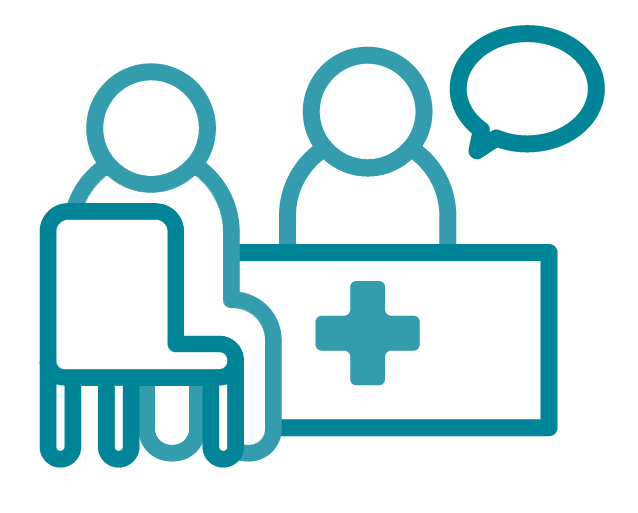
If you have HIV, it is important to keep checking your health. You should visit your doctor every few months to check how much HIV is in your blood and whether it is damaging your immune system.
Your doctor will do blood tests to check how much HIV you have in your blood and whether it is damaging your immune system. Everyone is different, so it is important to talk to your doctor about exactly what these tests mean for you.
Checking the virus – The viral load test shows how much HIV is in your blood. If your viral load is high, there is a big chance of getting sick and HIV can pass to someone else quite easily.
If you go on treatments, your viral load should go way down. Most people will get down to an ‘undetectable’ level. That means you still have HIV but there is so little it does not show up in the tests. This will keep you well and means you cannot pass on HIV.

High viral load – There is a lot of HIV in your blood. This can do a lot of damage, make you sick and makes it easier to pass HIV on to someone else.

Low viral load – HIV is being controlled and does not have much power to make you sick. It is not as easy to pass on HIV.

Undetectable viral load – You still have HIV, but it does not show in tests. This keeps you well and means you cannot pass on HIV to your partners.

CD4 cell count tests show how strong your immune system is. CD4 cells fight germs, so HIV tries to get rid of them. If your CD4 count is low, you are more likely to get sick. When you go on treatments, your CD4 count should go way up, which will stop you from getting sick.

Less than 350 – Your immune system is very weak.

350 to 500 – Your immune system is a little bit weak.

More than 500 – Your immune system is strong.